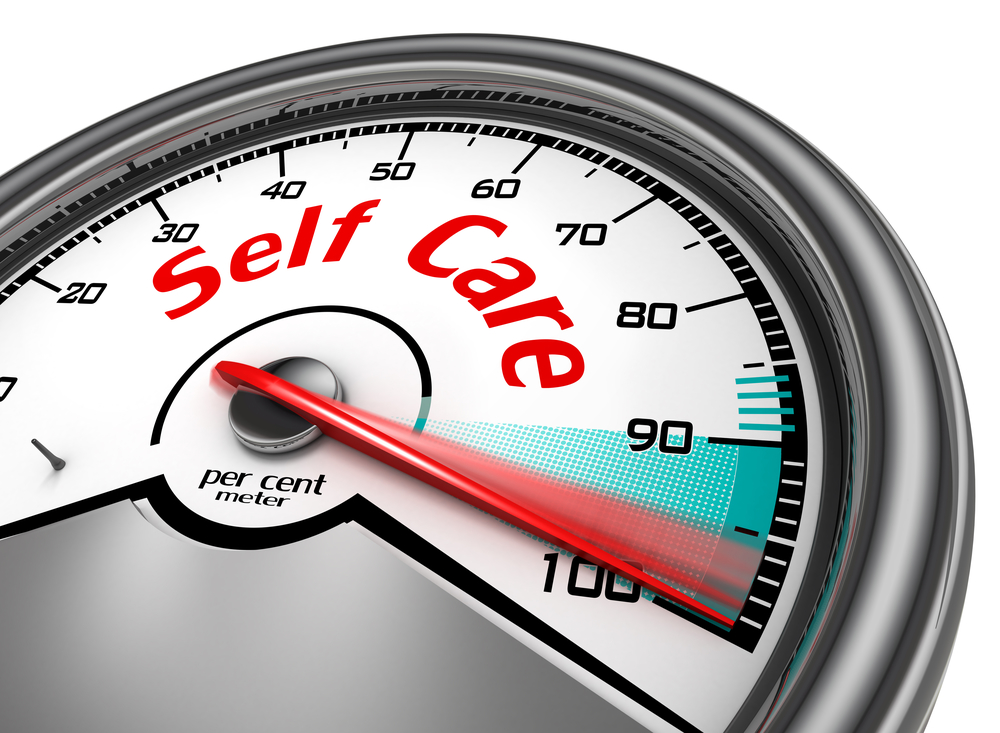“Love your neighbor as you love yourself.” Matthew 22:39
Jesus
What comes to mind when you read the words Self-care or Self-Compassion? Are you aware that one of the components of resilient, successful people is they practice self-care?
For many people, the first reaction self-care is often one of concern, misgiving, or uneasiness. They believe that being kind and gracious to themselves might make them weak, more vulnerable, or even snotty (a clinical word that could mean arrogant, puffed up, or aloof). They erroneously think self-criticism keeps them accountable or improves their performance. They are sometimes overly concerned that letting go of the nasty habit of self-criticism will somehow cause them to appear less competent.
I believe one of the things those of us who have struggled in this area have a hard time understanding is that the reverse is true; tormenting ourselves and holding ourselves to be accountable to completely unrealistic expectations which will most likely sabotage our efforts.
I know in my own life; one of the voices that I consistently listened to, was that nagging whisper planted in my head by a teacher in high school that I was a horrible English student and that I might not make it out of high school. FYI, I got through High School and completed 2 Masters. Now in all fairness, she planted the seed, but I did a phenomenal job of watering and fertilizing it. That is until I made a choice to turn the volume down and begin to write. Just so you know, at age sixty-seven and still learning and growing.
News Flash!
If you haven’t figured it out yet, bludgeoning yourself with self-criticism compromises your goals, impairs your pursuits and steals your dreams, whether they are mental, physical, spiritual, academic, health-related, or professional.
In my work as a therapist and as a Crisis Response Specialist I have learned that self-care, self-compassion is a must if I want to provide adequate care to others. Likewise, self-care, self-compassion is not an option if I desire to impact this world.
I love this story in the New Testament book of Matthew 22: 35–38, One of them, an expert in religious law, tried to trap him with this question; ‘Teacher, which is the most important commandment in the Law of Moses? “Jesus replied, “You must love the Lord your God with all your heart, all your soul, and all your mind.’[a] 38 This is the first and greatest commandment. A second is equally important: ‘Love your neighbor as yourself.”
Let me be clear, we are not talking about some narcissistic type of self-love, but of, to use a biblical metaphor, “temple maintenance.” We cannot export what we do not have.
So, what does healthy self-care or self-compassion look like?
It brings forth resilience, and it enables you to be more flexible and agile as you face life’s challenges, it provides you the capacity to identify problems, accept feedback, both good and bad, and to modify habits that no longer serve your best interests. This type of shift in your thinking opens the doors to enhanced resilience, hope, increased strength, optimism, and opportunities.
Self-Care Explained
Do you remember the safety briefing from your last flight? When the flight attendants get to the part about the unlikely event of sudden cabin depressurization, they explain that the oxygen mask will drop from the ceiling and at that point, they instruct you to put on your mask first, then and only then, help someone else with theirs.
Self-care is sort of like this in a way. It is a very intentional, active choice that we make to take care of our mental, physical, spiritual, and emotional health. It’s putting us first…because we can’t care for or be the best help to help others unless we first take care of ourselves.
The benefits of self-care
Self-care can have the following positive effects:
– Improved self-esteem and self-compassion
– Increased insight in decision making and motivation
– Boosted immune system
– Enhanced stress management by reducing anxiety
– Improved productivity fostered by a greater ability to focus
– Deepened spirituality and sense of meaning
– Heightened connection to yourself and others
– Increased resilience
– Greater ability to set boundaries (internal and external)
– Boosted immune system
– Enhanced stress management by reducing anxiety
– Improved productivity fostered by a greater ability to focus
– Deepened spirituality and sense of meaning
– Heightened connection to yourself and others
– Greater ability to set boundaries (internal and external)
Here are seven ways to practice self-care
1. Get your horizontal and vertical relationships in order. The quote from Jesus pretty much sums it up. Love God and out of that love of God will come the love of self, then love of others.
2. Remember, we have to all constantly fight the inner poser. We all feel like fakes and frauds from time to time. When you find yourself beating yourself up, calling yourself names, rehearsing old hurts, telling yourself you are a loser or suffering from the paralysis of analysis, STOP. Everybody struggles with this from time to time, and it is all part of being human. They are just thoughts. You always have a choice to give them a place in your brain and heart or to dismiss them.
3. Be a buddy to yourself. Would you offer yourself support and encouragement on a bad day? Would you cheer for yourself on a good one?
4. Use your meals as an act of self-care. When you eat, pause to notice that you are taking time to nourish yourself. Rather than seeing how fast you can consume your meal, a nasty habit that I picked up in the military, chew your food slowly, savor the flavor as you add fuel for your body.
5. Get the rest your body needs, 7–8 hours is a great goal and has been proven time and time again to renew and refresh.
6. Have a time of stillness and quietness in the morning. It could be a time of prayer and meditation. You could read from a daily devotional or have some type of daily reading plan. One that I have used is to read one chapter of the Old Testament book of Proverbs a day.
7. Ask for some help. No, I do not mean therapy, although a good therapist could help. Here is a thought, experiment with giving someone else a chance to help you. It might be a friend, colleague, or mentor who can come alongside you to help out, be an accountability partner or just an encourager.
Action Plan
Choose 2 of the 7 suggestions to begin showing yourself some Self-Care.
Let me hear your thoughts.
Blessings,
John



